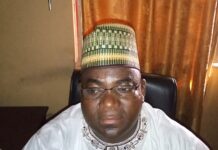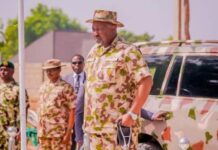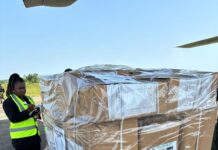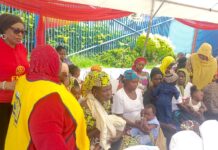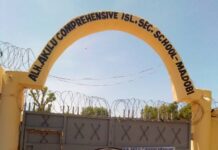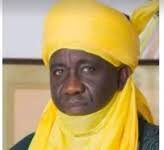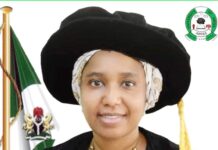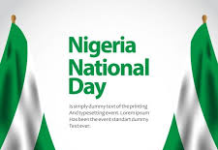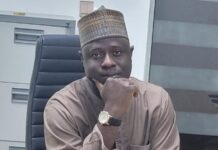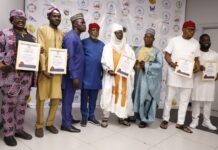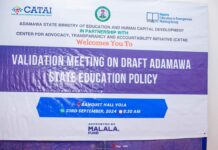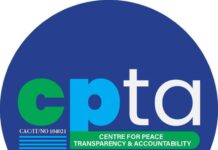WAMAC town hall meeting calls for enhanced efforts to combat corruption in Kwara
Stakeholders convened at a Town Hall meeting organized by the Wadata Media and Advocacy Centre (WAMAC) in Ilorin, Kwara State, to address the rampant issue of corruption in the region.
According to a communique issued by centre’s Executive Director, Zubair Abdurrauf Idris, the meeting was conveyed on Saturday to achieve collective commitment in combating corruption and promoting accountability in Kwara State.
Under the theme “Empowering Citizens to Own the Fight Against Corruption in Kwara State: A Bottom-Up Approach,” attendees engaged in discussions aimed at finding sustainable solutions to combat corruption.
Part of the communique reads as part of the resolutions of the meeting: “The Town Hall Meeting, frowns at attitudes of breach of trusts, money laundering and economic sabotage by segments of the society to the detriment of larger society resulting to corruption in large scale in governments institutions.
“The meeting urge Inclusions of Persons With Disabilities (PWD’s) in the government employment circles as a way of encouragements to give their ability in the fight against corruption in Nigeria.
Read Also:
“The Meeting advocate for the change of approach in the fight against corruption through bottom-up approach to the top of the ladder and urged political office holders to desist from flamboyant life to the detriment of the larger society.
“The Town Hall Meeting urges state governments to enact laws that will encourages the fight against corruption and called on the Kwara State House of Assembly to Pass a Bill into law for the domestication of Freedom of Information (FoI) act so as to promote openness and accountability.
“The Meeting advocated for the monitoring of projects especially ‘Constituency Projects’ by communities and report any discrepancy to the anti-corruption agencies. Also participants’ calls monitoring and implementation of budgets by all tiers of governments and urges for full financial autonomy of Local Governments and reduction of costs of governance,” the communique stated.
Other key discussions centered on condemning breaches of trust, emphasizing citizen accountability, advocating for a change in approach to combating corruption, and calling for legislative support and project monitoring.
The meeting also emphasized collaboration between the media, anti-corruption agencies, religious leaders and civil society organizations to effectively combat corruption and promote transparency.
Representatives from various sectors, including the media, civil society organizations, the Economic and Financial Crimes Commission (EFCC), People With Disabilities (PWDs), community-based organizations, religious leaders, and the National Orientation Agency (NOA), participated in the event.






